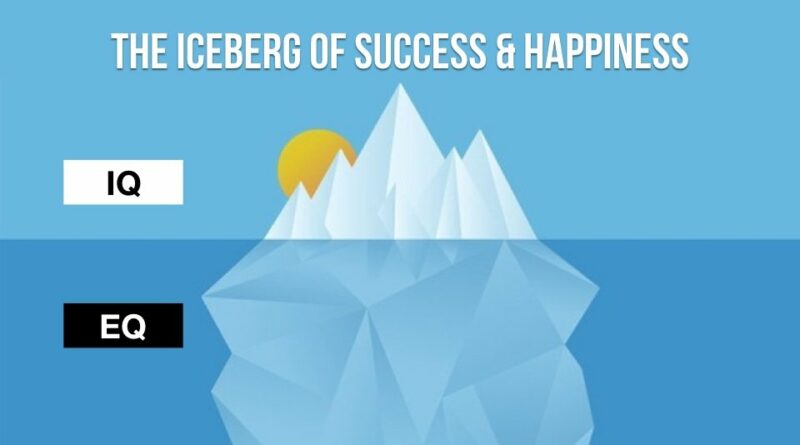EQ is Declining Due to Technology
[Please note that this page contains affiliate links. If you choose to purchase after clicking a link, I may receive a commission at no extra cost to you.]
Recently published in the Journal of Personality by Khan and his collaborators (2021) shows a meta-analysis from studies conducted between 2001 and 2019, outlining the declining levels of emotional intelligence in college students.
The study’s lead scientist looked at previous research using the Trait Emotional Intelligence Questionnaire, completed between 2001 and 2019.
New Research on Emotional Intelligence (EQ)
The researchers looked at studies involving samples from college students from the US, Canada, the UK, and Australia.
The researchers looked at 70 studies with over 17,000 participants to observe similarities and differences.
The scientist then did a “cross-temporal meta-analysis” to observe changes in EQ over the long term, adjusting for the participant’s age.
Researchers were looking to determine “if societal-level changes have overlapped with changes in trait emotional intelligence in young adults.”
Emotional Intelligence
Emotional intelligence (EQ) is a multifaceted construct comprising four factors: emotionality, sociability, well-being, and self-control.
The emotionality factor encompasses relationship skills such as a person’s ability to correctly recognize one’s own and other people’s feelings and the capacity to feel empathy.
The sociability factor comprises a person’s ability to build social networks, efficiently communicate, and influence others.
The well-being factor includes positive self-evaluations and feelings of optimism and happiness.
Finally, the self-control factors include controlling one’s feelings, involving stress, impulses, and emotions (Khan et al., 2021).

EQ Study Results
Scientists discovered that time was considerably negatively correlated with three facets of emotional intelligence: emotionality, well-being, and self-control.
Additionally, declines in EQ increased as the number of females in the sample decreased.
Researchers also showed additional analyses presenting that having access to technology in each country was correlated with lesser levels of self-control and well-being.
Future Effects of EQ
Researchers think that the dramatic increase in young adults using social media is the probable cause of the declines in emotional intelligence.
Social interaction person-to-person delivers a better opportunity for bonding compared to communicating online, which is challenging if people are replacing social exchanges person-to-person with sharing online.
Over the past twenty years might also be accountable for generational reductions in empathy, increases in anxiety and depression symptoms, and an increase in mood disorders, suicide attempts, and suicidal tendencies.
Researchers believe that social media progressively replaces person-to-person interactions resulting in a massive increase in loneliness.
Family instability or academic stress could be other possible factors for the decline in EQ.
Identifying the sources behind declining emotionality, self-control, and well-being is most important to prevent mental health issues.
Researchers note the likelihood that well-being may have declined over time because of the reductions in other areas of trait EQ.
Limitations and the Future
As many individual papers don’t disclose the ethnic background of their applicants, the current scientists weren’t able to study ethnic background as a potential agent of emotional intelligence.
To address the EQ decline, the researchers recommend applying mediations that can increase trait EQ long-term, saying that these interventions successfully improved participants’ employability and social connections.
The researchers hope that their analysis triggers further research into examining the causes of these frightening societal trends.
References:
Khan, M., Minbashian, A., & MacCann, C. (2021). College students in the western world are becoming less emotionally intelligent: A cross-temporal meta-analysis of trait emotional intelligence—Journal of Personality.


